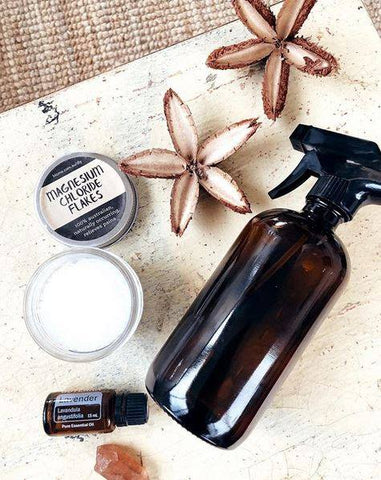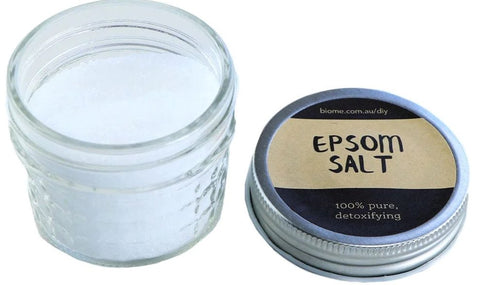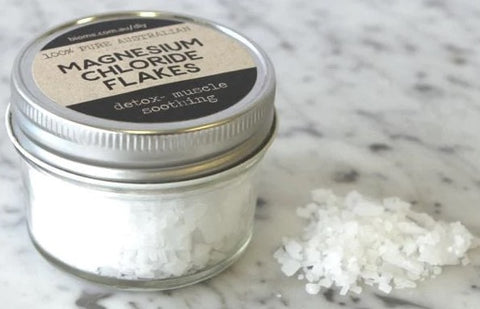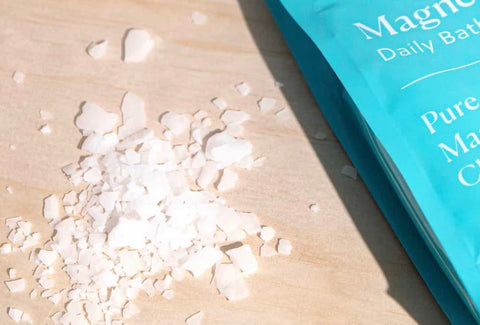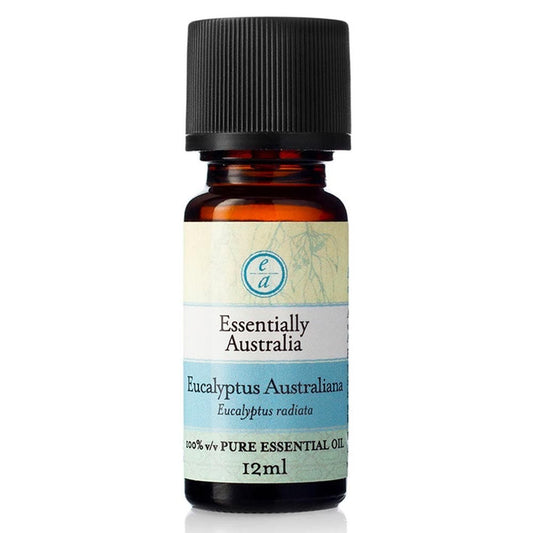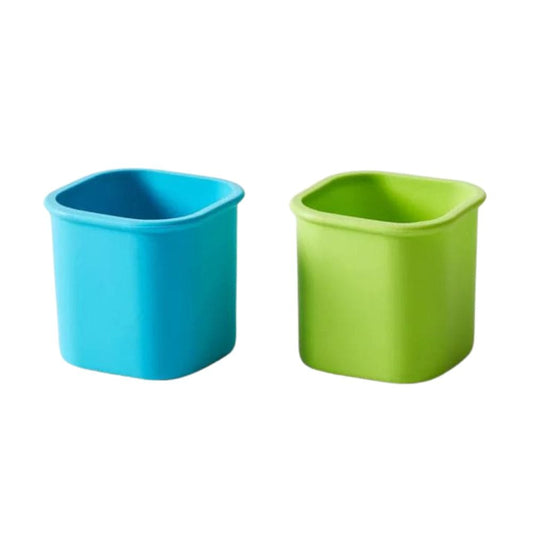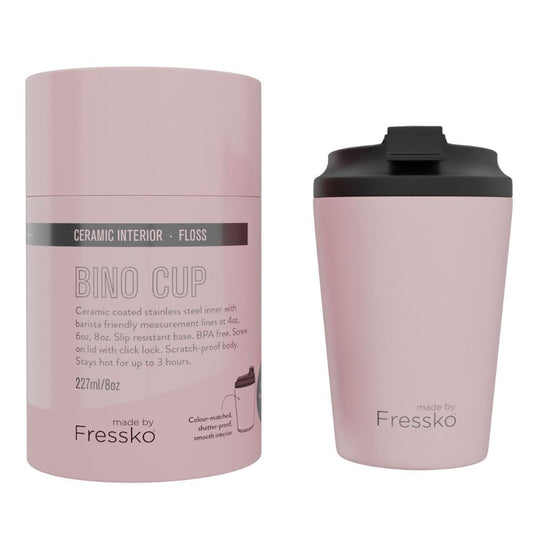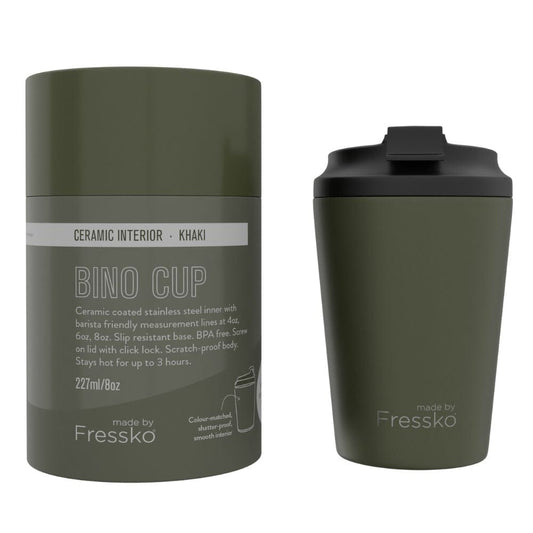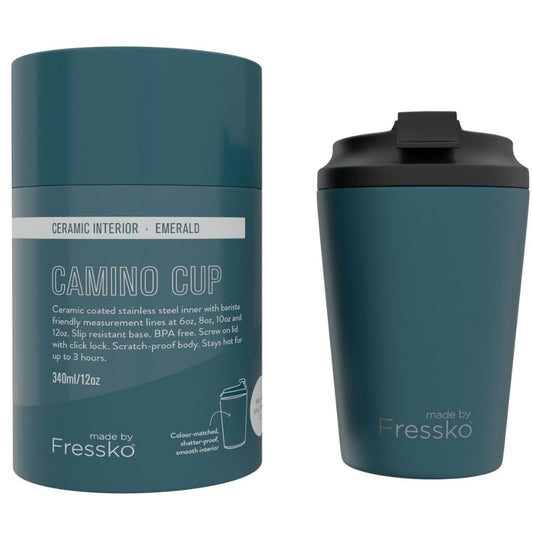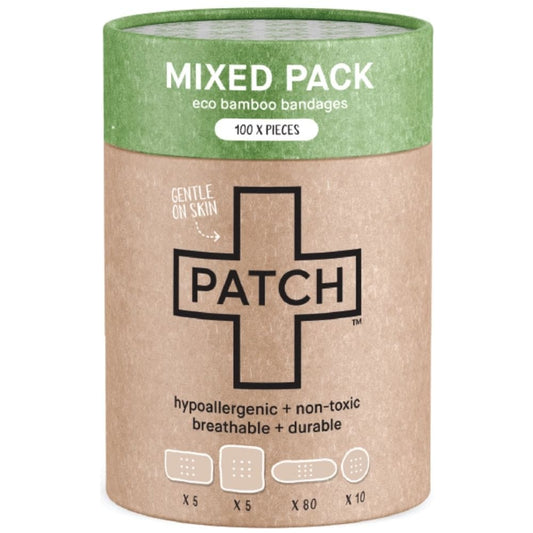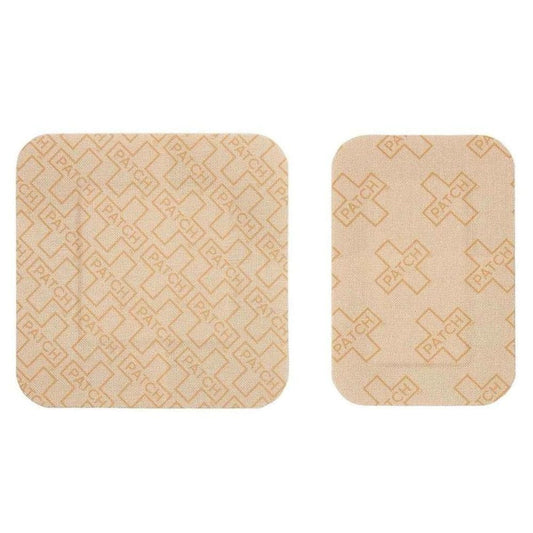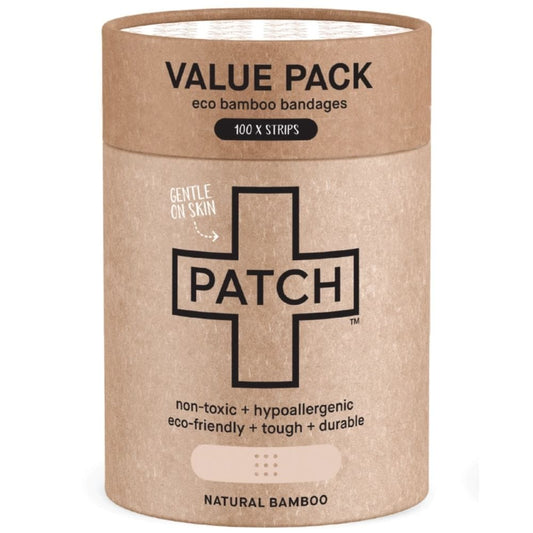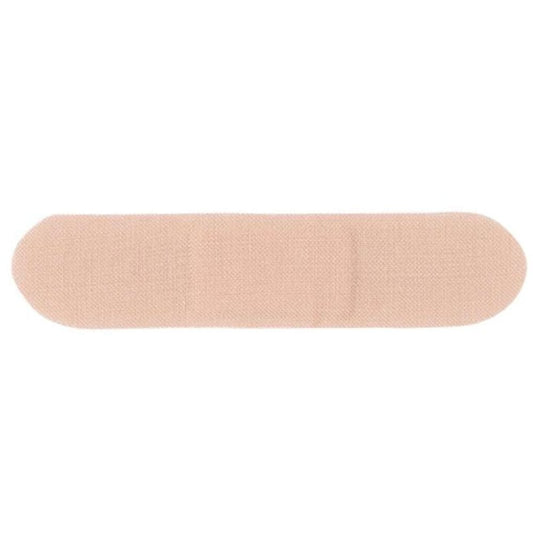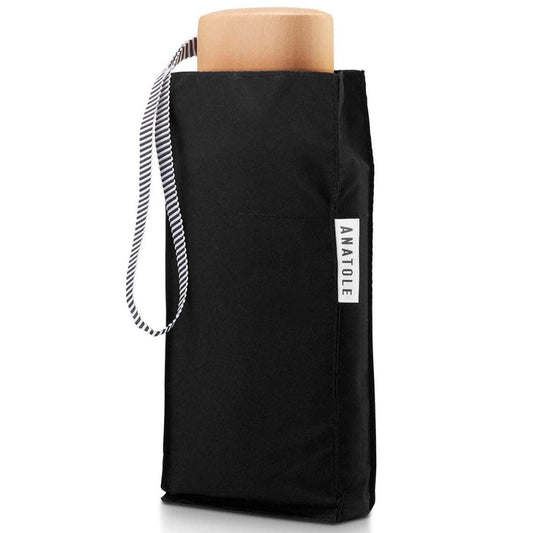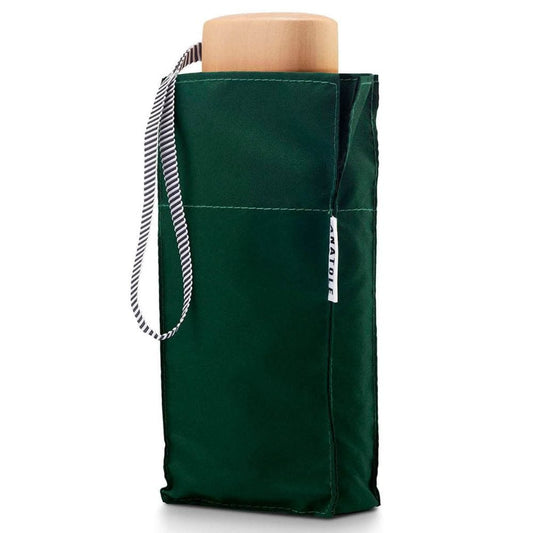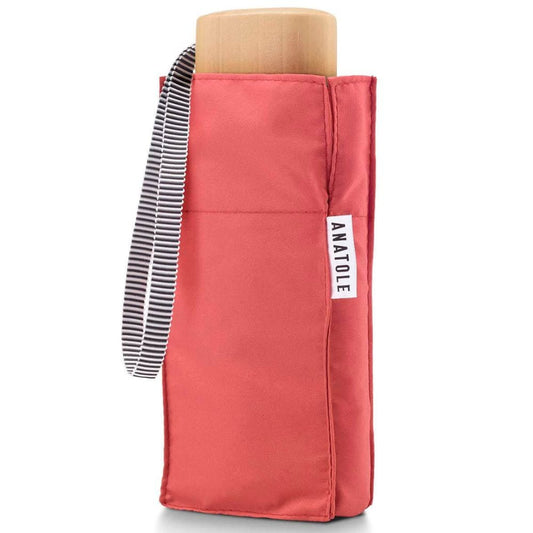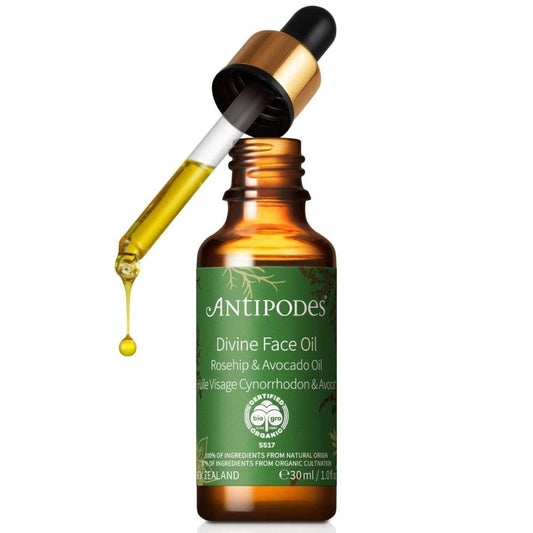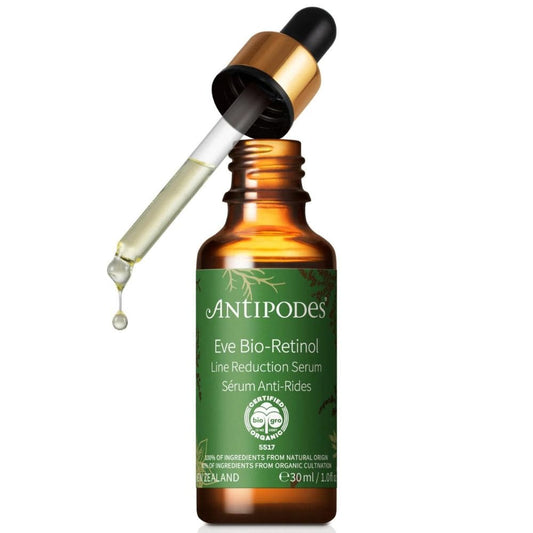Epsom salt and magnesium salt are both popular remedies for many health and wellness purposes. But, what are the differences between them and which one is better for you? In this article, we will compare epsom salt (magnesium sulphate) and magnesium salt (magnesium chloride) in terms of how they are sourced, their benefits, uses and side effects.
Firstly, what are the similarities between these two minerals. They are both:
- Natural minerals that can be found in seawater or springs (though often they are made synthetically).
- Forms of magnesium, a mineral that is essential for many bodily functions and health benefits.
- Used as bath salts, as they can help relax muscles, reduce stress, improve skin, and more.
- Available in different forms, such as flakes, crystals, or powder.
- Generally safe and well-tolerated when used externally or in moderation.
What is epsom salt?
Epsom salt is a chemical compound made up of magnesium, sulphur, and oxygen. It has a similar appearance to table salt, but a very bitter taste. It was named after Epsom, a town in England where it was first discovered.
Epsom salt is widely used as a bath salt, as it is believed to ease muscle soreness, stress, inflammation, and skin problems. It can also be taken by mouth as a laxative or a magnesium supplement. Biome only sells natural epsom salt as pictured here:
What is magnesium salt?
Magnesium salt is made up of magnesium and chloride. It has a flake-like appearance and a very bitter taste. It is usually harvested from seawater sources that contain other trace minerals. Magnesium salt is also used as a bath salt, as it is claimed to improve skin hydration, wound healing, detoxification, and relaxation. It can also be applied to the skin for natural skincare as a lotion or a spray, or taken by mouth as a magnesium supplement. Learn about the different forms of magnesium here.
What is the difference between natural and synthetic epsom and magnesium salts?
Epsom salt and magnesium salt are both natural minerals that can be found in sea water or springs. However, not all epsom salt and magnesium salt products are natural, as some may be synthetically made in factories from chemical compounds.
Naturally occurring Epsom salt is rare, as very few natural Epsom Salt deposits exist. Biome's natural Epsom is from Germany where there are natural underground deposits of Epsom Salts. It is considerately mined with a simple, efficient production method with minimal interference of machinery. Purification is carried out by physical separation, followed by a recrystallisation process, producing an end product which is a certified food grade natural Epsom Salt.
If you want to use natural epsom salt or magnesium salt, check the label and the origin of the product before buying it. Also look for organic and natural certifications on the packaging or website.
Is epsom salt and magnesium salt made in Australia?
There are several brands and suppliers of epsom salt and magnesium salt in Australia, some of which claim to source their products from natural seawater sources or local manufacturers.
However, not all epsom salt and magnesium salt products are made in Australia. Some are imported from overseas or synthetically produced in factories.
Therefore, it is important to check the label and the origin of the product before buying it. If you want to support Australian-made products, look for the Australian Made logo.
Amazing Oils magnesium products are made from 100% pure natural magnesium extracted from the salt lakes of Western Australia. The magnesium oil is then processed into different forms, such as spray, gel, lotion, or flakes. Amazing Oils claims it is the only organically certified source of magnesium in the world and has the highest grade of magnesium available on the market.
What are the benefits of epsom salt and magnesium salt?
Both epsom salt and magnesium salt are rich in magnesium, a mineral that plays an important role in over 300 biochemical functions in the body. Magnesium deficiency can cause symptoms such as fatigue, muscle cramps, headaches, insomnia, anxiety, and depression.
Some of the reported benefits of using epsom salt and magnesium salt are:
- Relieving muscle pain and stiffness. Applying magnesium topically can help to relieve pain such as this Magnesium Roll on Recovery Gel.
- Reducing stress and promoting relaxation
- Improving blood circulation and blood pressure - Supporting bone health and preventing osteoporosis
- Enhancing skin health and beauty, such as with this Magnesium Body Butter.
- Boosting immune system and fighting infections
- Regulating blood sugar and preventing diabetes
- Improving mood and cognitive function
How to use epsom salt and magnesium salt?
The most common way to use epsom salt and magnesium salt is to dissolve them in warm water and soak in a bath for 15 to 20 minutes. You can add essential oils or other ingredients to enhance the experience. The recommended amount is about 2 cups of salts per bath.
You can also find many pre-made beautiful bath salts that contain epsom, such as these:
Corrynnes Relaxing Bath Salts, The Physic Garden Relax Bath Salts and Biome Bath Salts.
Epsom salt and magnesium salt can also be applied directly to your skin in a lotion or a spray. This can help with skin conditions such as eczema, psoriasis, acne, or wounds.
Find all our magnesium products here >
You can make your own lotion or spray by mixing salts with water or oil.
Another option is to take epsom salt and magnesium salt by mouth as a supplement. This can help with constipation, electrolyte imbalance, or magnesium deficiency. However, always consult your doctor before doing this, as taking too much can cause side effects such as diarrhea, nausea, vomiting, or irregular heartbeat.
Is magnesium or epsom better for a bath?
Both magnesium and epsom salts are forms of magnesium that can be used for a bath. They have similar benefits, such as relaxing muscles, reducing stress, improving skin, and more.
However, many people prefer magnesium flakes over epsom for a bath, because:
- Magnesium contains other trace minerals from seawater sources.
- Magnesium is more readily absorbed by the body than epsom, as chloride is more compatible with the body's electrolyte balance.
- Magnesium has a higher concentration of magnesium than epsom, so you may need less amount to get the same effect.
What are the side effects of epsom salt and magnesium salt?
Epsom salt and magnesium salt are generally safe and well-tolerated when used externally or in moderation. However, some people may experience allergic reactions, skin irritation, dehydration, or kidney problems if they use too much or too often. Some factors that may increase the risk of side effects are:
- Kidney disease or other medical conditions
- Taking medications that interact with magnesium
- Pregnant or breastfeeding
- Open wounds or broken skin
- Sensitive skin or allergies
To avoid side effects, follow the instructions on the label or consult your doctor before using epsom salt or magnesium salt. Drink plenty of water before and after using them to stay hydrated.
Which one is better: epsom salt or magnesium salt?
There is no definitive answer to which one is better between epsom salt and magnesium salt. Both have similar benefits and uses, but they may differ in their absorption rate, bioavailability, purity, and cost. Some studies suggest that magnesium chloride (magnesium salt) may be more readily absorbed by the body than magnesium sulphate (epsom salt), as chloride is more compatible with the body's electrolyte balance. However, more research is needed to confirm this.
Some sources claim that magnesium chloride (magnesium salt) may be more pure and natural than magnesium sulphate (epsom salt), as it contains other trace minerals from seawater. However, this may depend on the quality and origin of the product.
The best way to find out which one works better for you is to try them both and see how you feel. You can also mix them together to get the best of both worlds.
Conclusion
Epsom salt (magnesium sulphate) and magnesium salt (magnesium chloride) are both beneficial for your health and wellness. They can help you relax, relieve pain, improve skin, boost mood, and more. However, they may have some differences in their absorption rate, bioavailability, purity, and cost.
You can use them both externally or internally depending on your needs and preferences. Always follow the directions on the label or consult your doctor before using them.
Drink plenty of water before and after using them to stay hydrated.
Whether you choose epsom salt or magnesium salt, you can enjoy a soothing bath that will make you feel refreshed and rejuvenated.
MORE READING
A Guide to the Different Forms of Magnesium
DIY Recipe to Make Your Own Magnesium Lotion


